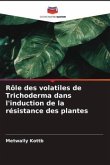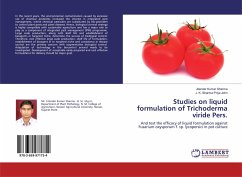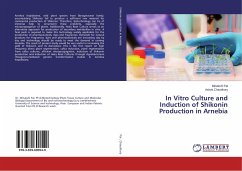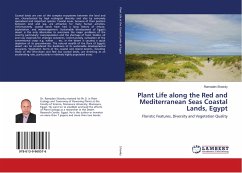Plants are well equipped to defend themselves against the majority of harmful biotic and abiotic factors. As a co-evolutionary response, plants have acquired the ability to recognize virulent pathogens at early stages of attack and counter an appropriate defence response. A well-known example of such co-evolved plant defence is "effector-triggered immunity" (ETI), which enables plant to recognize the presence or activity of specific pathogen effectors. The ETI requires resistant genes (R) in the host plant that can render specific virulent pathogens avirulent. Although ETI provides full immunity against selected pathovars of biotrophic pathogens, avirulent strains are under constant selective pressure to evolve new effectors that are no longer recognized or that can suppress ETI. Consequently, disease protection by single R genes is not always sustainable (Boyd, 2006).
Bitte wählen Sie Ihr Anliegen aus.
Rechnungen
Retourenschein anfordern
Bestellstatus
Storno








